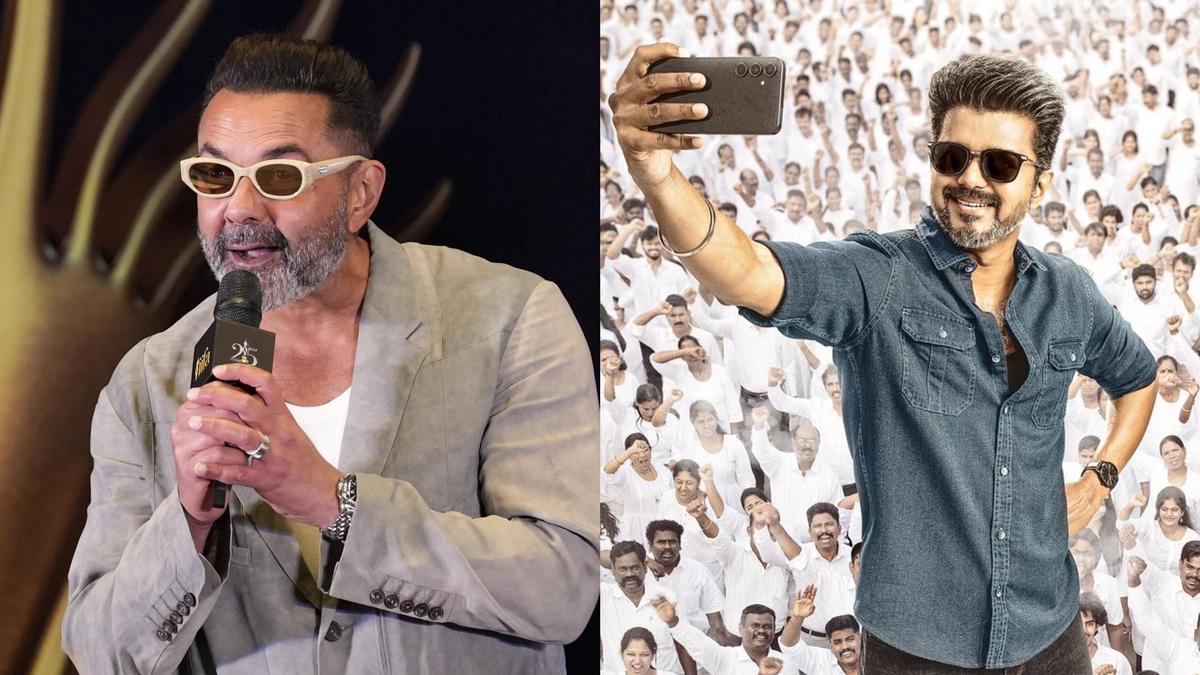
In a clash that showcased the enduring excitement and growing competitiveness of the Indian Super League (ISL), Sunday’s encounter between Mumbai City FC and Odisha FC ended in a well-fought 1-1 draw. The match was held at the vibrant Mumbai Football Arena and was highlighted by goals from standout strikers Roy Krishna and Nikolaos Karelis, leaving both teams with a point to savor. While fans left with mixed feelings, it was evident that football had come out as the winner.
The return of renowned coach Sergio Lobera to the city where he had previously achieved significant success added an additional layer of intrigue to the match. At the start, Lobera seemed to have the upper hand, deploying a strategy focused on relentless forward pressing. This high-intensity approach was designed to put considerable pressure on the defensive line of Mumbai City FC.
Odisha’s offensive efforts were championed by the dynamic Fijian striker Roy Krishna, whose energy was palpable right from the first whistle. His movement and presence were a constant threat, and it wasn’t long before he capitalized on a defensive mishap by Mumbai City. In the 14th minute, an ill-fated lobbed pass from Valpuia to Mumbai City’s goalkeeper, Phurba Lachenpa, set the stage for Krishna’s exploit. Lachenpa, unable to maintain possession under pressure, inadvertently set the ball at Krishna’s feet, who needed no second invitation. Krishna swiftly seized the moment, sprinting forward and sending the ball confidently into the back of the net, putting Odisha FC ahead.
The robust early lead by Odisha jolted Mumbai City FC into action. Known for their quick build-up plays and fluid passing, the home team began to assert themselves more effectively as the match progressed. At the heart of their resurgence was the skillful Lallianzuala Chhangte, who orchestrated movements that were pleasing to watch and effective in equal measure.
. Chhangte’s ability to carry the ball upfield and link up with his teammates, particularly the prolific Nikolaos Karelis, reignited hope among the home supporters.
Karelis, in particular, demonstrated why he is so crucial to Mumbai City FC’s attacking strategies. His partnership with Chhangte bore fruit in the 23rd minute of the match. In a classy display of teamwork and precision, Chhangte found Karelis with a well-timed pass, which the striker expertly guided into the goal, leveling the scoreline and reigniting the competitive spirit of the game.
Despite the equal scoreline, the intensity of the match never wavered. Both teams exhibited a relentless pursuit of victory, with periods of end-to-end action that kept supporters on the edge of their seats. Defensively, both sides experienced moments of vulnerability but also displayed resilience when it was most needed.
As the match unfolded, tactical adjustments and strategic substitutions were made by both coaches in an attempt to tip the balance in their favor. However, despite their best efforts and the evolution of game plans from both technical areas, neither team was able to break the deadlock as the clock ticked toward full time.
In the dying moments, both Mumbai City FC and Odisha FC continued to push for a winner, demonstrating the depth of desire and competitive nature prevalent throughout the ISL. Each team sought that inch of space, a split-second lapse in concentration from opponents, or a moment of inspiration that might snatch victory from an otherwise evenly-matched contest.
Ultimately, as the final whistle blew, both teams were forced to settle for a share of the spoils. While Sergio Lobera’s initial advantage gave his team a promising start, Mumbai City’s resilience and Aleksandar Stanojević’s tactical acumen ensured that the home side wouldn’t leave empty-handed.
This thrilling display not only captured the imagination of fans but also highlighted the growing maturity and sophistication of the ISL as it continues to evolve into one of Asia’s premier footballing competitions.










